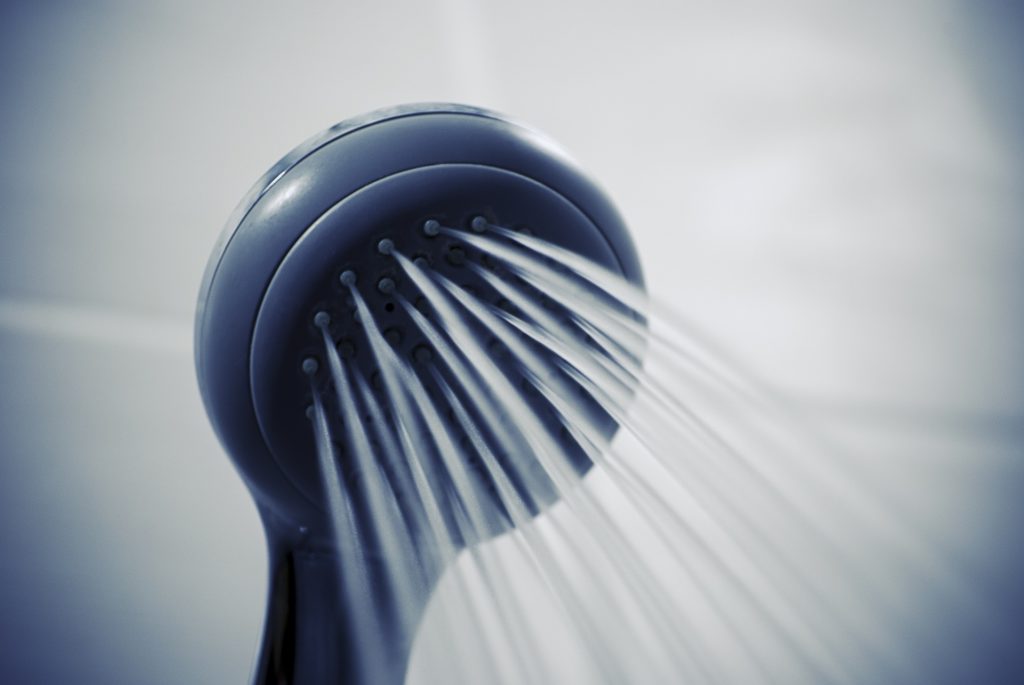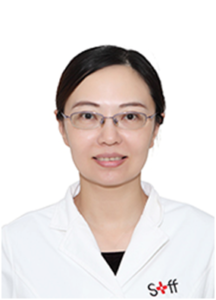Did you ever wonder why some soaps and shampoo don’t bubble when you take a bath? Or did you notice that your skin looks dry after shower? It’s because of “hard water”, or water with large amounts of minerals. To learn more about hard water in Beijing and its effects on skin (especially for children), we talk to Dr. Lotus Lv, an expert in common skin diseases and skin care, and also a dermatologist at Sanfine International Hospital.
What are the effects of hard water on the skin and hair of both kids and adults?
First of all, “hard water” refers to water that is composed of large amounts of soluble calcium and magnesium chemical compounds. Whilst hard water itself does not directly pose a health threat, it does neutralize detergent, leaving behind insoluble compounds and deposits. Therefore, as we clean our face and hair on a daily basis, the cleansing quality of the detergent used decreases, causing the skin and hair to produce their own excreta or leaving dirt/filth attached to the skin’s surface remaining. In the long term, this can lead to seborrheic dermatitis (red, itchy rash on one’s scalp), acne, folliculitis and other skin conditions. As such, the use of hard water for skin and hair cleaning should be avoided.
 What are the ways to minimize the effects of hard water on skin and scalp? Do you recommend fitting a shower head cap and putting filters on faucets?
What are the ways to minimize the effects of hard water on skin and scalp? Do you recommend fitting a shower head cap and putting filters on faucets?
Boiling hard water is a relatively easy method to reduce the mineral composition of hard water. So if you have to use hard water to wash up, it is recommended to boil the water beforehand. Unfortunately, shower head caps and faucet filters are not very effective.
Why are shower head caps and faucet filters not effective in reducing exposure to chemicals that are used to treat water?
No clinical case that could prove water with chlorine may lead to skin and scalp problems has been discovered. Thus this theory lacks reliable epidemiological evidence. In fact, if the chlorine content in the tap water meets the required standards set by the Chinese government, then no special filter needs to be used to eliminate chlorine when taking a shower or bath.
Since we have hard water in Beijing, what are your tips for parents to clean their babies/toddlers?
Nothing needs to be done in particular. Just as hot spring waters are rich in minerals that are beneficial to one’s skin, hard water is also rich in minerals and doesn’t do obvious damage to the skin. Hard water only reduces the detergency and cleansing quality of shampoo and body wash.
As a matter of fact, because children have fragile skin, excessive cleaning of the skin can damage the skin barrier causing dry skin problems. In comparison, the effect of hard water on a child’s skin is relatively small.

 About the Doctor
About the Doctor
Dr. Lotus Lv is a chief physician at Sanfine International Hospital’s Department of Dermatology. She received her M.D. from Beijing Union Medical College in dermatology. She also completed a fellowship in the Netherlands Fungal Biodiversity center. Dr. Lv is a branch member of the Combine Traditional Chinese and Western Medicine Cosmetic Surgery Branch and is a member of the Chinese Medical Association of Skin Diseases.
Dr. Lv has over 20 years of clinical experience. In addition to specializing in the treatment and diagnosis of sweat stains, sporotrichosis infectious skin diseases, psoriasis, and pityriasisrosea scales, she also specializes in sexually transmitted diseases, vitiligo chloasma pigment skin disease, connective tissue, lupus erythematosus dermatomyositis, and pemphigus blisters.
Consulting time: Appointment booking by phone
More stories by this author here.
Email: andypenafuerte@beijing-kids.com
Instagram: @coolkidandy
